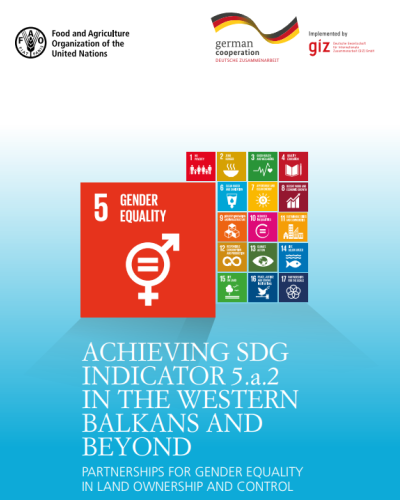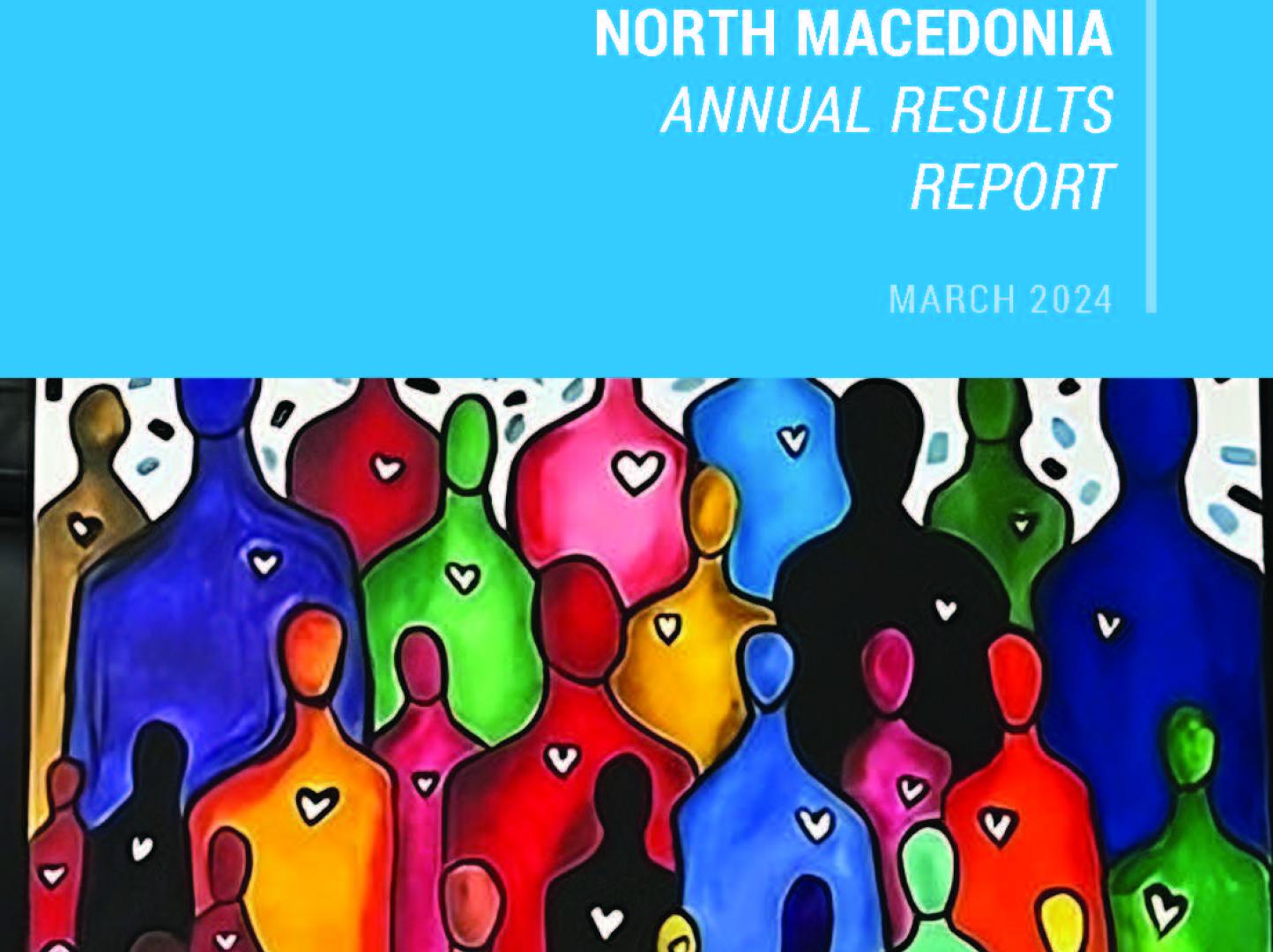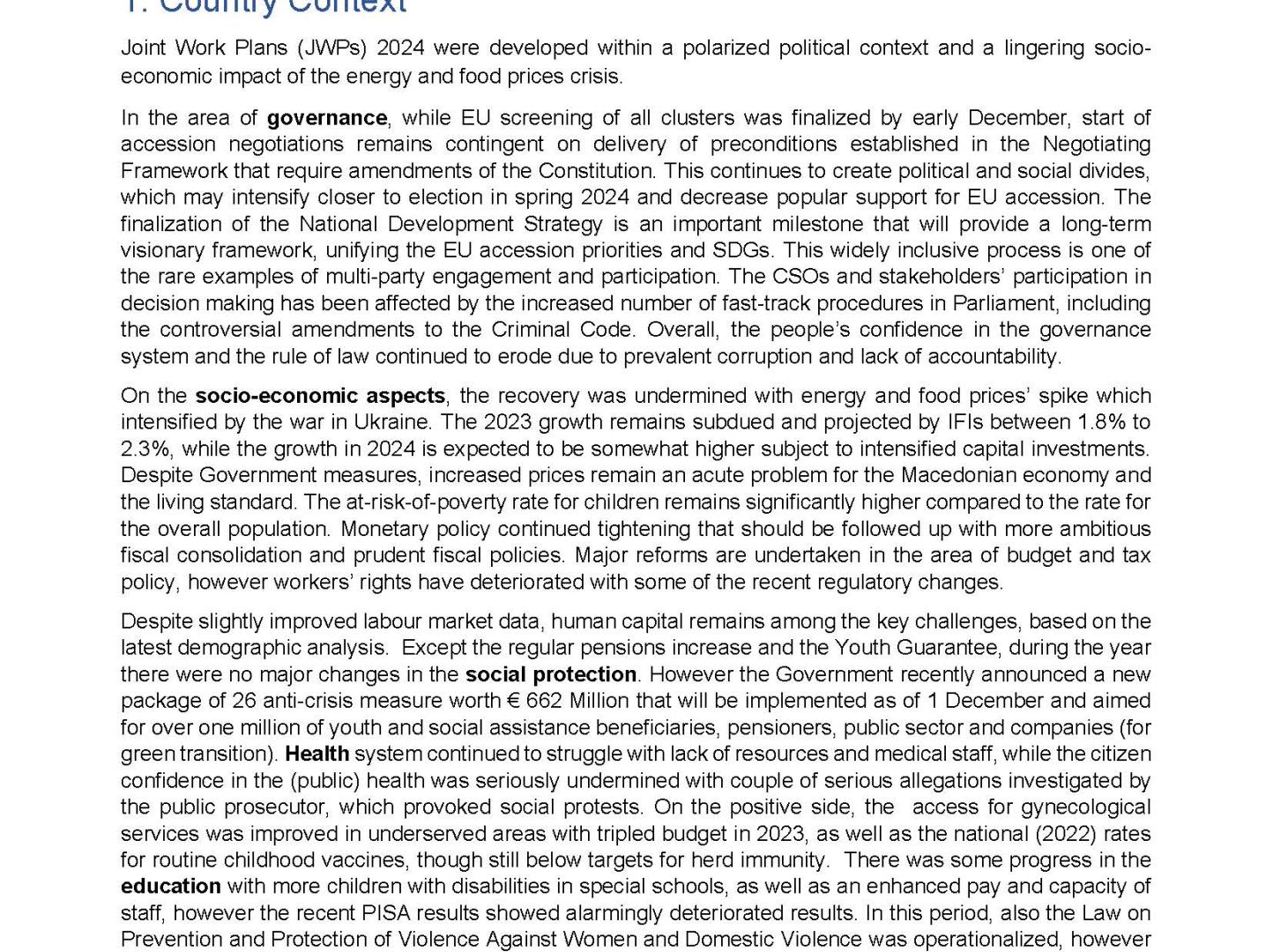Achieving SDG indicator 5.a.2 in the Western Balkans and beyond

As farmers and farm workers, horticulturists, businesswomen, entrepreneurs and community leaders, they fulfil important roles in agriculture and the development of rural economies.
Yet, rural women face greater constraints than men in accessing land, technology, markets, infrastructure and services.
In late 2015, the world pledged to transform our future by committing to the Sustainable Development Goals (SDGs), which foresees reforms providing women equal rights to economic resources, as well as access to ownership and control over land and other forms of property, in accordance with national laws. This gave further impetus to the joint work of the Food and Agricultural Organization (FAO) of the UN and the Deutsche Gesellschaft für Internationale Zusammenarbeit (GIZ) on ensuring gender equality in land ownership and control in the Western Balkans.
FAO and GIZ have been supporting the Western Balkan countries to promote progress on gender equality, with a focus on measuring the proportion of countries where the legal framework guarantees women’s equal rights to land ownership and/or control.
Indicator 5.a.2 measures the extent of women’s disadvantages in ownership of and rights to land, as well as equal legal rights to land ownership. Together with indicator 5.a.1, it provides a basis for policy measures aimed at securing equal opportunities and access to rights and resources.




